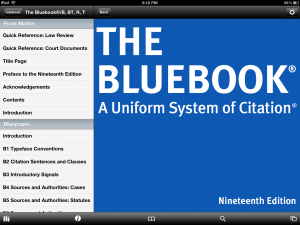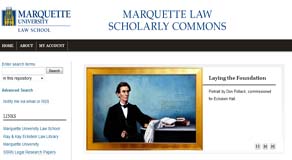Eric Hobsbawm and Law on the Ground
 Following David’s post last week, I thought I’d remark on another historian who recently passed away: Eric Hobsbawm, who died last Monday. (NY Times obituary.) Hobsbawm, like Genovese, was a Marxist historian who wrote in the 1960s and 1970s, but unlike Genovese, he never altered his view. Hobsbawm is most widely known for his masterful history of the “long nineteenth century,” a term he coined to describe the period from 1789 to 1914 (which has a lot going for it as a sensible periodization).
Following David’s post last week, I thought I’d remark on another historian who recently passed away: Eric Hobsbawm, who died last Monday. (NY Times obituary.) Hobsbawm, like Genovese, was a Marxist historian who wrote in the 1960s and 1970s, but unlike Genovese, he never altered his view. Hobsbawm is most widely known for his masterful history of the “long nineteenth century,” a term he coined to describe the period from 1789 to 1914 (which has a lot going for it as a sensible periodization).
Hobsbawm was a formative influence on me, but not because of his three-volume masterwork on the Victorian era. In 1959, three years before “The Age of Revolution: 1789-1848,” Hobsbawm wrote a slim volume of essays that looked at bandits: Primitive Rebels: Studies in Archaic Forms of Social Movement in the 19th and 20th Centuries. The specific argument of the book was that bandits can in some circumstances be seen as proto-revolutionaries fighting against landed interests or capital. But the part that has stuck with me is a more general one: that actions outside of law, possibly even contrary to law, are part of a web of enforcement of the rules of a given society. Hobsbawm’s bandits were not simply rulebreakers; they were, in his telling, attempting to enforce different rules from the ones being imposed from the top down. And they had their own procedures — rituals — that they followed in doing so.


